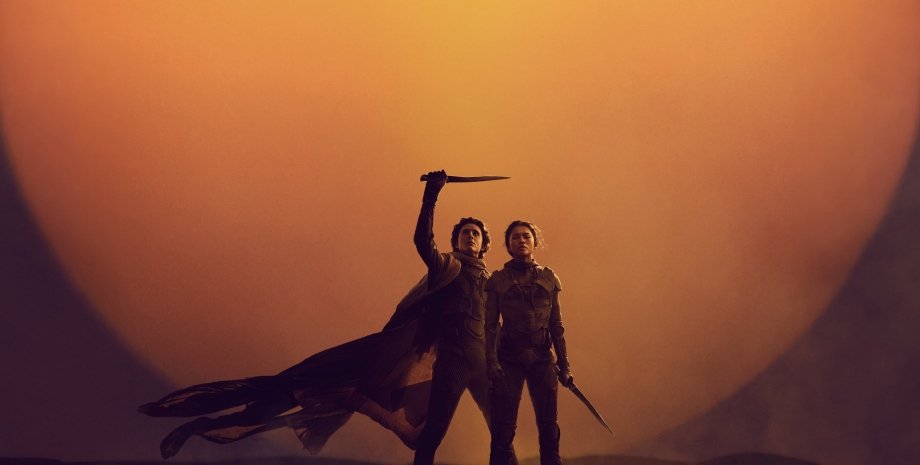
The symbolism of Dune: what does Frank Herbert warn future generations about?
” Frank Herbert ‘s Dune is a complex and multileveled novel. It is an environmental manifesto, a treatise on the art of political intrigue, and a study of the cult of the hero… A thoughtful and prepared reader will be able to read all the layers of meaning simultaneously. Less experienced fans of the saga will gradually discover new aspects of the narrative. A new film adaptation of the sci-fi masterpiece by Canadian director Denis Villeneuve will also help to understand the book’s content more deeply.
Political overtones
The book and the movie are set on the desert planet Arakis, where the most valuable substance in space, melange, is mined. Without these spices, neither intergalactic travel, nor medicine, nor science, nor civilization itself is possible. The one who controls the melange controls the entire universe. And everyone wants this opportunity: the Emperor of the House of Korino, the House of Harkonen, and the Bene Hesserit Sisterhood. The irresistible desire to gain even more power and profit becomes the basis for endless political intrigues and cunning manipulations.
The spice trade in Dune is an obvious metaphor for the modern fossil fuel trade. In the real world, wars and feuds also break out over the right to extract oil and gas.
Environmental agenda
“Dune is a kind of eco-warning to people. If the planet’s climate is significantly altered, the most valuable resource in the universe will disappear and lead to a complete collapse. Arakis is inhabited by sandworms that feed on sand and secrete mélange. The local population has also adapted to the harsh conditions. However, after the intervention of Paul Atrid and his descendants, the planet was filled with water. The price for this was the lost culture of freemen, the destruction of worms and spice.
Frank Herbert and Denis Villeneuve emphasize the importance of harmony with the environment. This does not mean that we should leave ourselves to natural forces. But you always need to understand the consequences. Although the events described above are taking place in the distant future, we can see some of its signs already now. For example, water shortages or lack of resources in certain regions.
Synthesis of cultures and religions
In the Dune universe, absolutely everything is based on religion. At first glance, the popular novel is full of references to Islam. Free freemen are associated with Arab tribes. Emperors are called “padishahs” and soldiers are called “sardaukars” and “bashars,” words of Turkic-Persian or Arabic origin. And the main character Muad’Dib is named after an Arabic name that means “scholar.”
In fact, in the novel one can find references to all the common religious teachings of our time. The only thing that can be said for certain is that Frank Herbert imagined a world of the future that was not based on Western Christian mythology. In addition, the writer refutes the myth of the Messiah. He believes that charismatic leaders sooner or later become tyrants.
Anti-technologism
There are no robots or artificial intelligence in Dune’s space. But there are many counts, dukes, lords and princesses. The leaders of the great houses compete for power by fighting with blades, even though they possess nuclear weapons that can destroy them all. The novel tells the story of the “Butlerian Jihad,” a crusade against machines that ended in their defeat. Since then, innovative technical inventions that make life easier have been available only to the elite.
Ukrainian Sich
Herbert’s Freemers, brave fighters for freedom and their own ideals, live in the sich. According to researchers, the word most likely originated from the Ukrainian Cossack Sich. It came into English after the 1907 translation of Taras Bulba.
“Dune describes eternal themes that have no expiration date. Unless humanity comes to its senses and gives up manipulation, tyranny, and wars. But is it possible?

